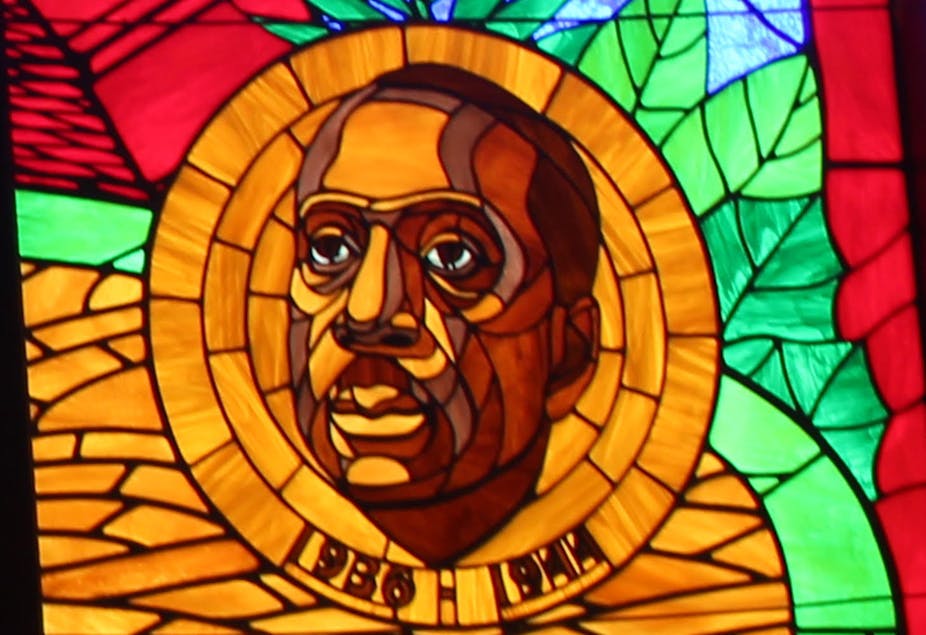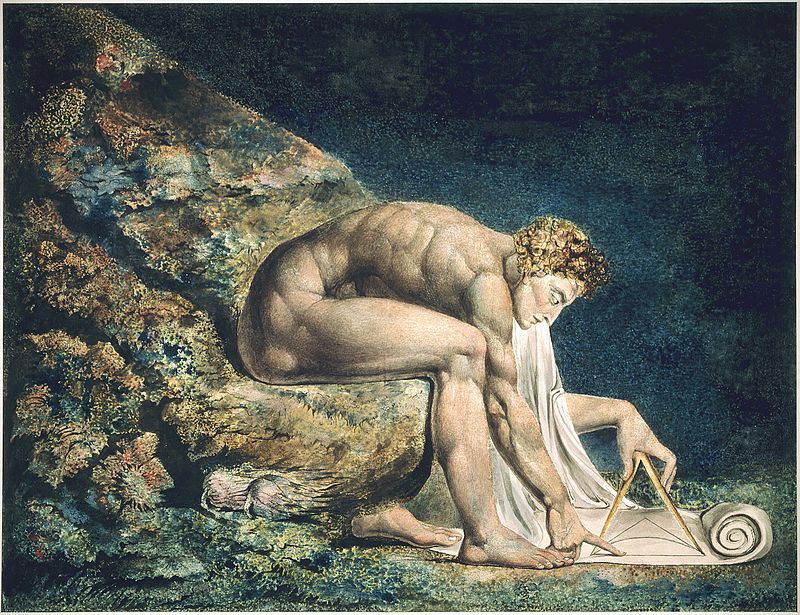 |
| Wikipedia |
"Lizzie Magie (the name reverberates in my head). She was a Quaker lady who was concerned with the problems of capitalism, probably believing people are more important than any system.
With the objective of understanding the system, she invented the game of Monopoly. Basically her game portrayed power, prestige, property and profit. I presume she hoped the understanding of ways the game was played would lead to reforms that would make the economic system more humane.
Because of the development of the global economy and the penetration of corporate capital into every part of our economy, today's Quaker Lizzie Magie would call this game 'Supermonopoly'"
____________________
Monopoly's Inventor
New York Times article
"The
seeds of the Monopoly game were planted when James Magie shared with
his daughter a copy of Henry George’s best-selling book, 'Progress and
Poverty,' written in 1879.
As
an anti-monopolist, James Magie drew from the theories of George, a
charismatic politician and economist who believed that individuals
should own 100 percent of what they made or created, but that everything
found in nature, particularly land, should belong to everyone. George
was a proponent of the 'land value tax,' also known as the 'single tax.'
The general idea was to tax land, and only land, shifting the tax
burden to wealthy landlords. His message resonated with many Americans
in the late 1800s, when poverty and squalor were on full display in the
country’s urban centers.
The
anti-monopoly movement also served as a staging area for women’s rights
advocates, attracting followers like James and Elizabeth Magie.
Quakers who had established a community in Atlantic City embraced the game and added their neighborhood properties to the board.
...
It
was a version of this game that Charles Darrow was taught by a friend,
played and eventually sold to Parker Brothers. The version of that game
had the core of Magie’s game, but also modifications added by the
Quakers to make the game easier to play. In addition to properties named
after Atlantic City streets, fixed prices were added to the board. In
its efforts to seize total control of Monopoly and other related games,
the company struck a deal with Magie to purchase her Landlord’s Game
patent and two more of her game ideas not long after it made its deal
with Darrow."
_____________________________________________





